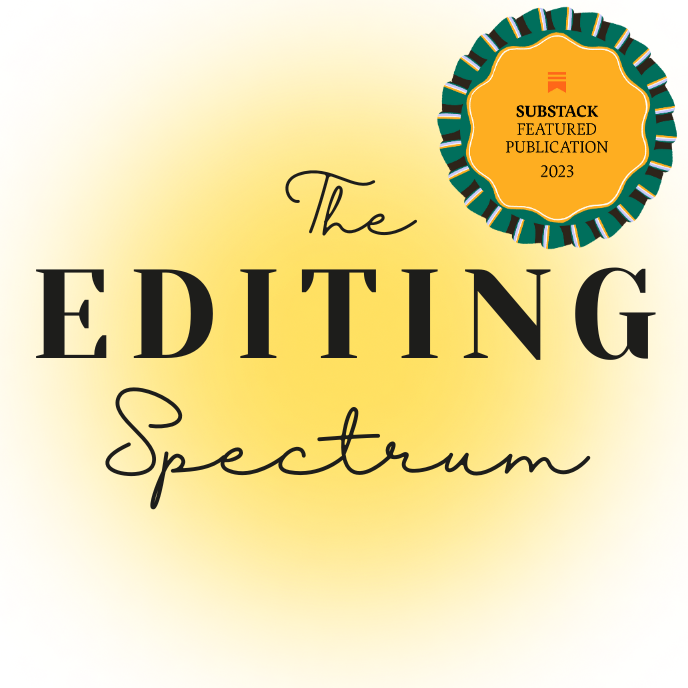3 self-editing tips in an iFocused culture
/This is the most important sentence you'll ever read. It's my only opportunity to convince you not to click away. And this sentence is equally important because statistically speaking, if I haven't done anything interesting yet, I've practically begged you to ignore me. But I don't want that, which is why I've written a brief (but hopefully helpful) blog about how to self-edit yourself.
Since you're likely marketing your services (or your client's services) to an audience immersed in an iFocused lifestyle, the best way to stand out is to not talk about yourself. Talk about them, which is a great place to segue into this list of tips:
1. Don't talk about yourself.
We seriously over-estimate how interested people are in our lives. This is true in content marketing. This is especially true in blogging. We use ourselves as the anchor for a story, forgetting that nobody knows us yet. Not truly. Not really. Assume they don't want to hear about you, which leads us to point No. 2.
2. Find a way to make the first three sentences about the person reading your content.
Write and re-write your opening sentences until they're succinctly talking with relevance about something that matters to your audience. Struggle with these opening sentences. They should not be easy to write. They should be valuable. Your personal story about the time you visited a Spaghetti Warehouse is not an anchor to a story. When you've got a good piece of information, brainstorm ways that it connects to a common, daily activity in your audience's life. If you've got good data, lead with a striking first sentence such as "Seventy-eight percent of online audiences don't read with their eyes open."
3. Say what you intend to say in one excellent sentence. (Not three identical, droning ones.)
This one is tough because it requires bloggers to not chase the wind with their thoughts. Writing should feel a bit like wearing a straight jacket: you're permitted to breathe, and basically that's it. Write what needs to be said. Nothing more, nothing less. If you need an example to put this in context: think about the last time you listened to a speech at a wedding. Grandma could've said everything in two sentences top, but instead added in irrelevant information. However endearing G-ma might be, your blog is not your grandmother.

